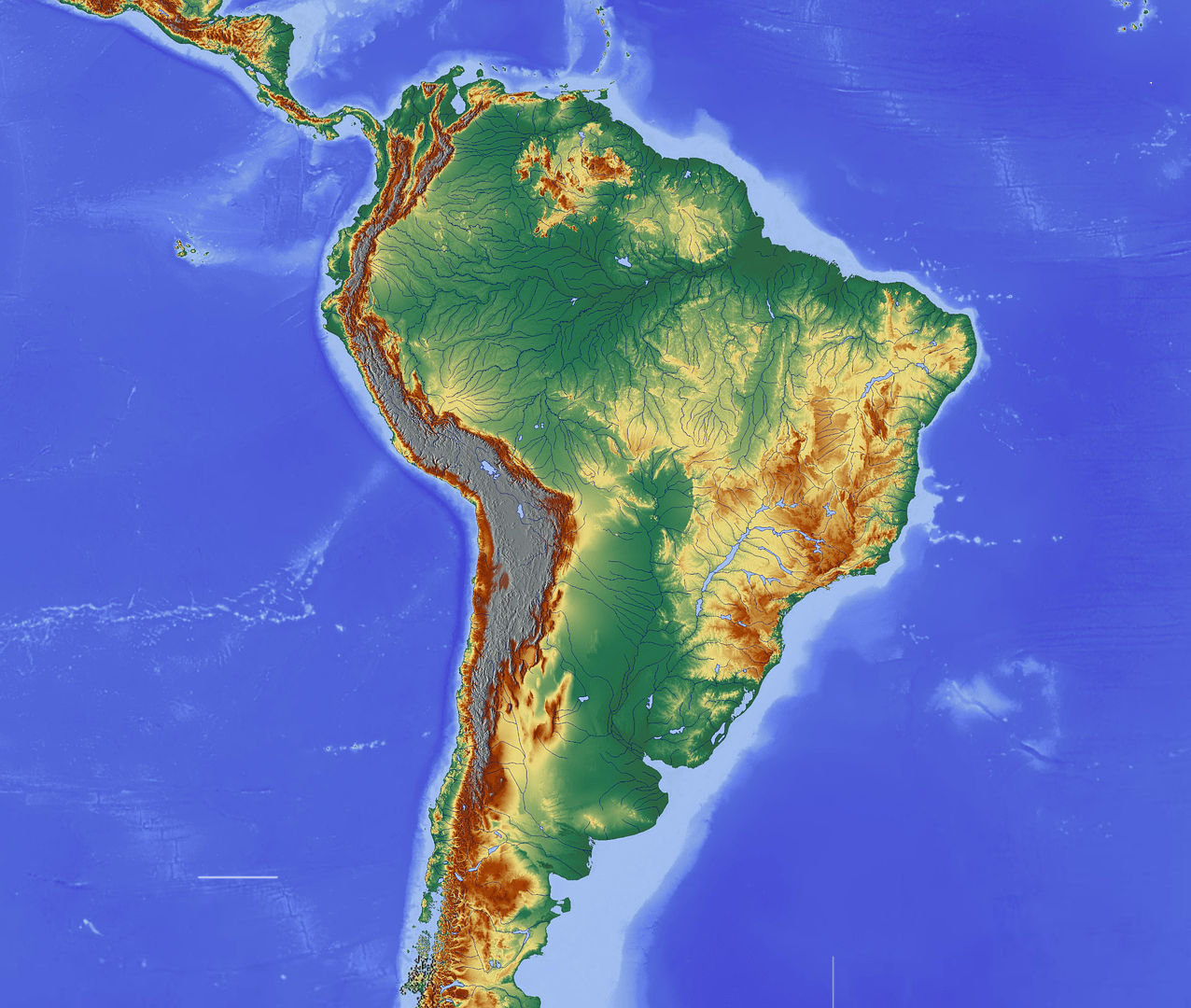RIO DE JANEIRO, BRAZIL – The Puebla Group, a forum that brings together leaders of left-progressive, globalist parties from 16 Latin American countries and Spain, proposed Tuesday in Rio de Janeiro a new development model that would allow Latin America to move forward equitably after the tragedy caused by the Covid pandemic.
It is said the model has been discussed by members of the Puebla Group for several months, and some of its principles were presented in the Brazilian city by former Spanish Prime Minister José Luis Rodríguez Zapatero and former presidents Dilma Rousseff (Brazil) and Ernesto Samper (Colombia).
The so-called solidarity model of development, according to the speakers, calls for policies that add value to the region’s production so that it is not limited to the export of raw materials, overcomes Latin America’s historical inequalities, and promotes an ecological transition.
It also provides for the introduction of a policy of progressive income taxation, including a tax on large fortunes and an exemption for the poorest, as well as the introduction of social protection instruments to ensure the income of the most vulnerable, including an adequate minimum wage.
“Now that we are beginning to overcome the pandemic, we have two considerations to make. First, the victims cannot bear the costs, and it makes no sense that those who have lost their jobs should bear the costs. Second, we need a new model to ensure development in the post-pandemic period. The old neoliberal model no longer serves us,” Samper said.
The former Colombian president explained that it was precisely neoliberal policies that weakened the protection of the poorest and led to the pandemic causing between 2 and 3 million deaths in Latin America, equivalent to 32% of global victims, even though the region represents only 8% of the population.
He added that between 2016 and 2019, when the right wing ruled much of the region, after progressives had succeeded for several years in reducing poverty and inequality, growth in Latin America fell by half and the number of poor people increased.
He explained that one of the characteristics of the new model is to create value through integration in production chains, so as not to continue living off the export of raw materials.
He also pointed out the need to reduce inequalities, which includes strengthening public education and putting the state back into social services, such as education and health.
“Another need is tax reform. The only people who pay taxes are the middle class and the poor. We must not be afraid to tax large fortunes and impose taxes on wealth, inheritance and property,” she added.
In her speech, Rousseff referred to the achievements made during the 13 years of the Workers’ Party (PT) government, which allowed Brazil to disappear from the map of hunger, reduce inequalities and bring Amazon deforestation to the lowest level in history.
According to former Brazilian President Dilma Rousseff, the new model must add value to production, because it is not possible to make Latin America a big hacienda again.
Rodríguez Zapatero said that more progress has been made in reducing inequality and poverty in recent decades than in several centuries, but that these changes must be accelerated.
“We have some recipes that are obvious: first, progressive taxation of income; second, higher investment in education, so that at least 5% or 6% of GDP spending goes to education,” he added.
“Other principles are social protection institutions that provide income compensation, including an adequate minimum wage to prevent young people who have had access to education from having to work in precarious conditions,” he concluded.


